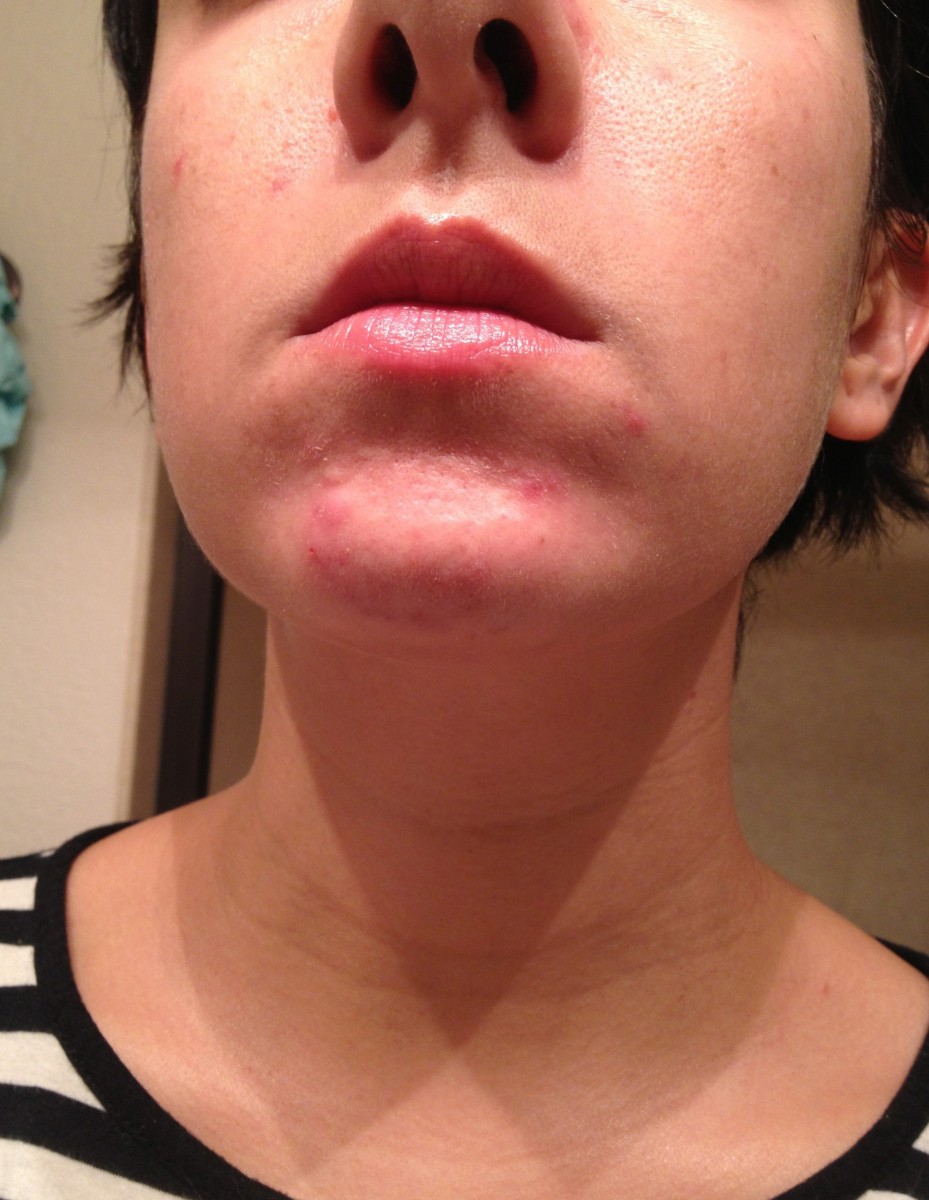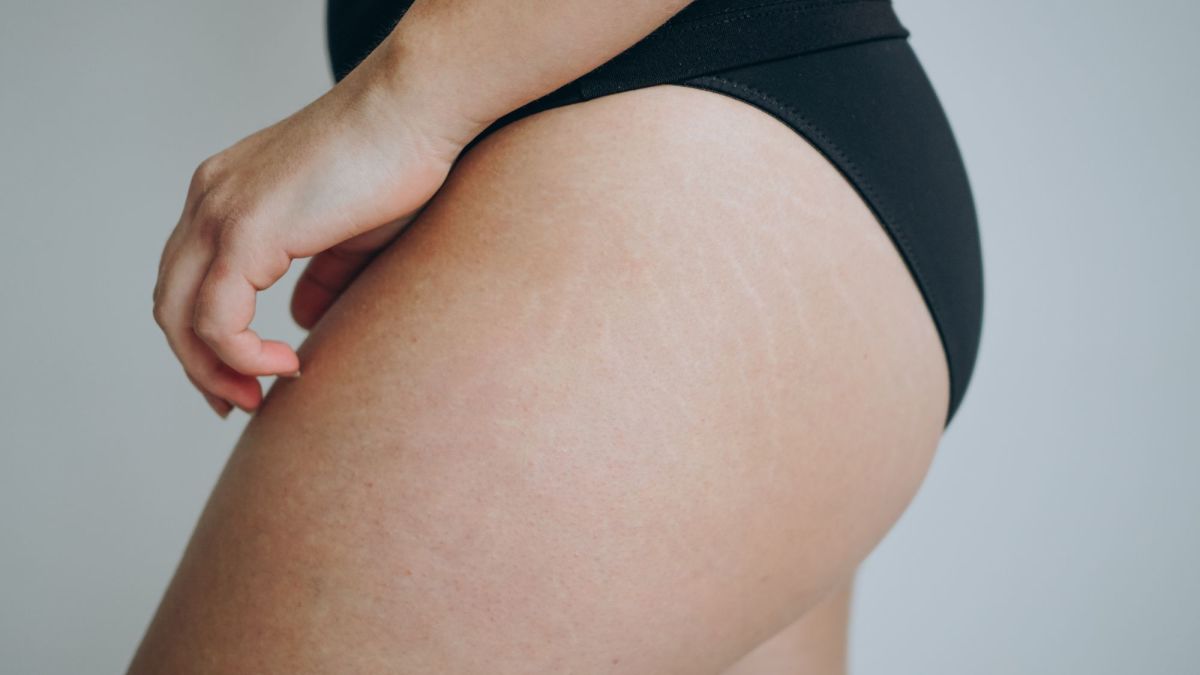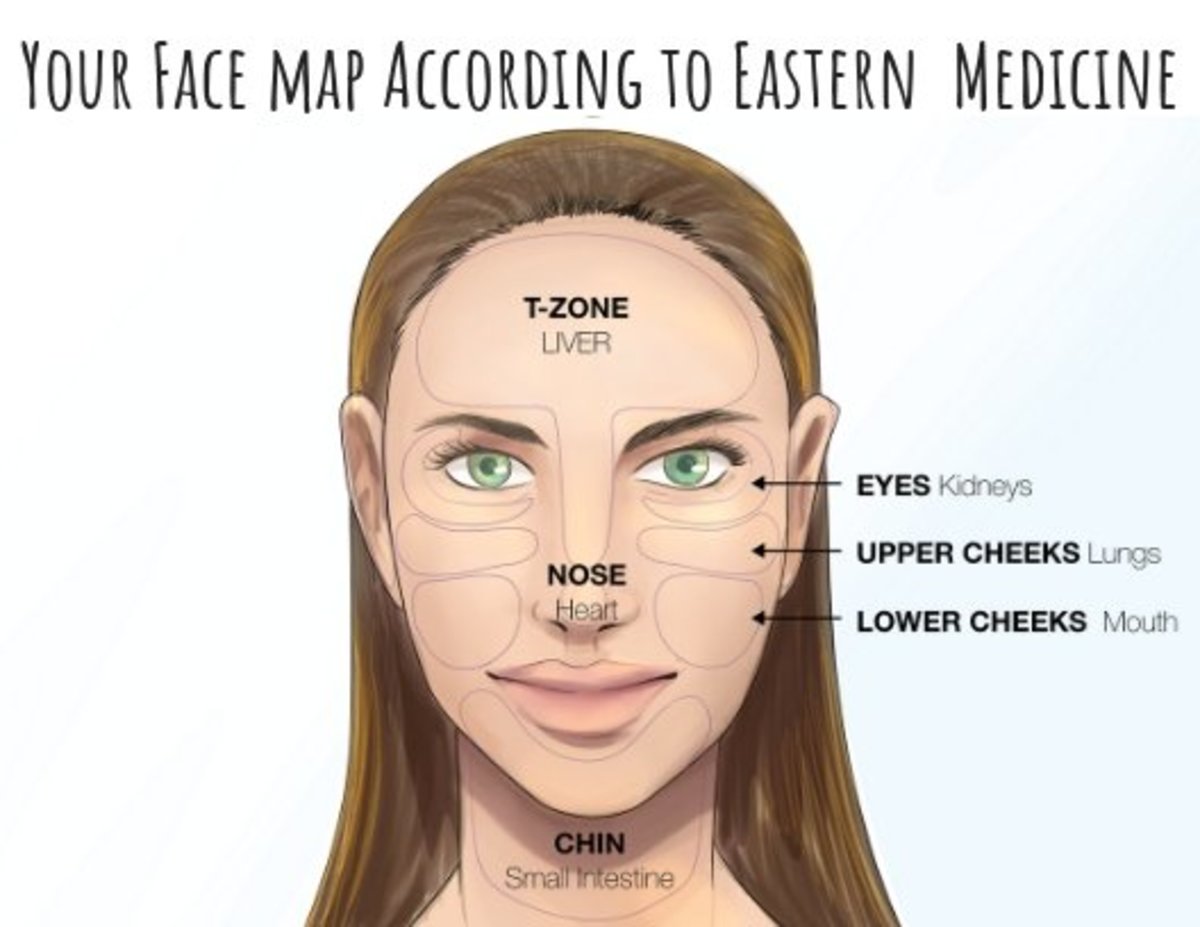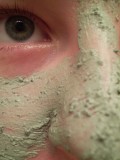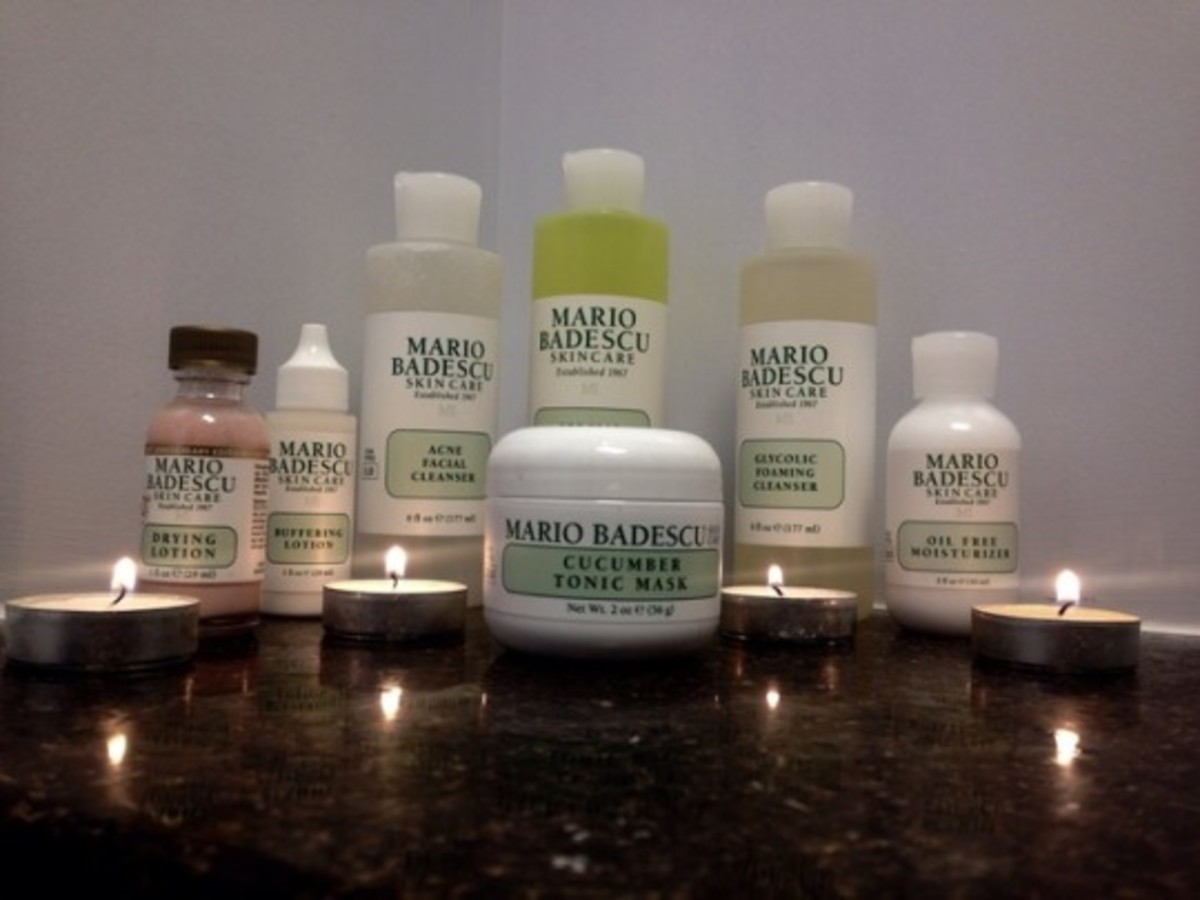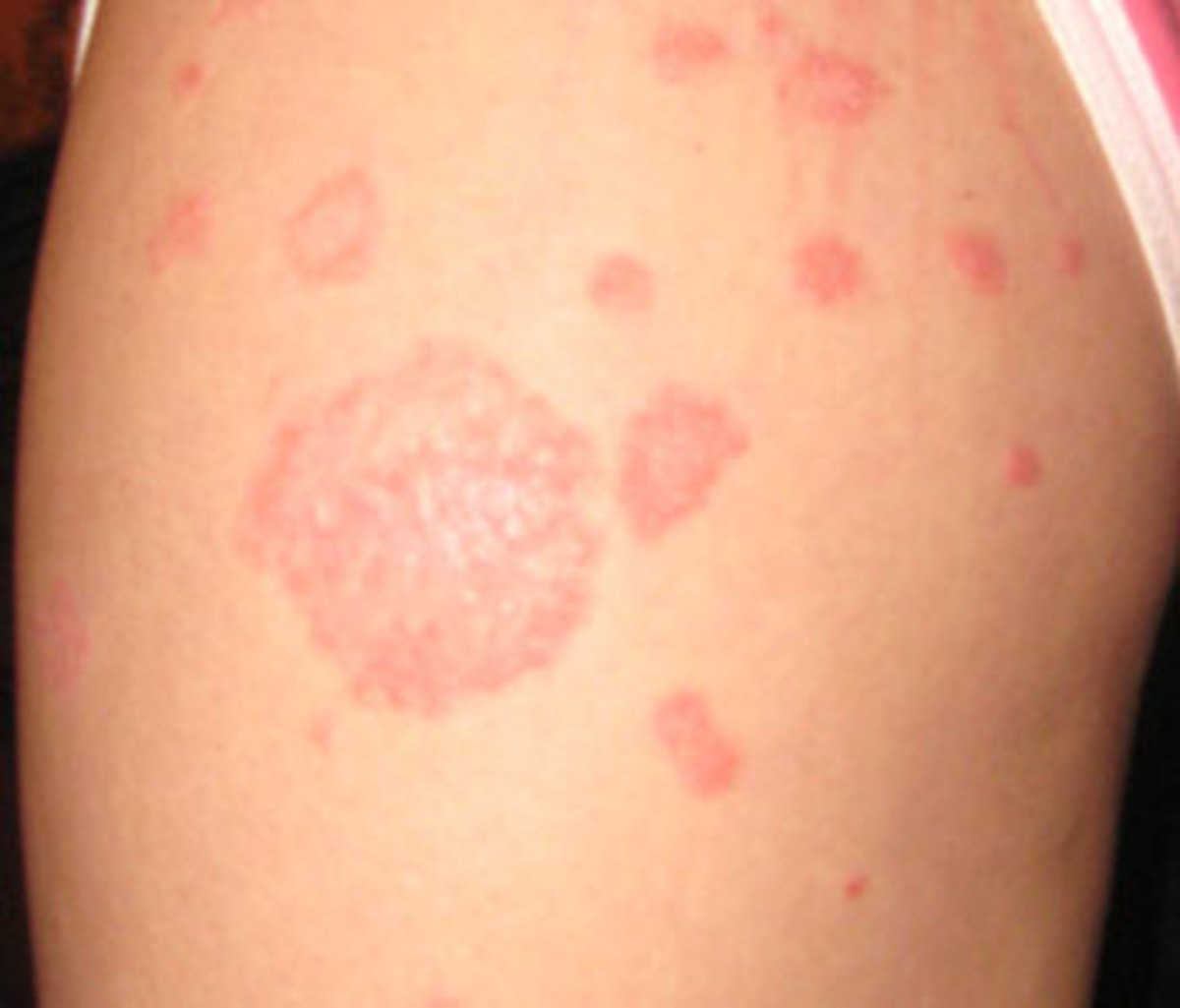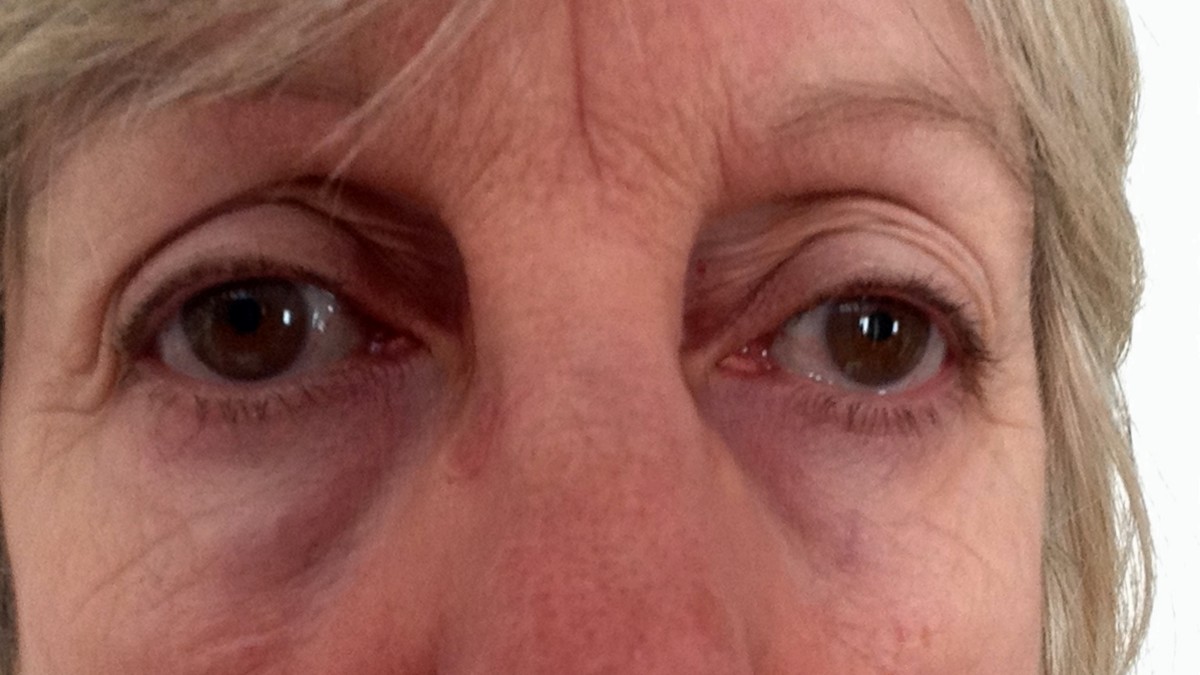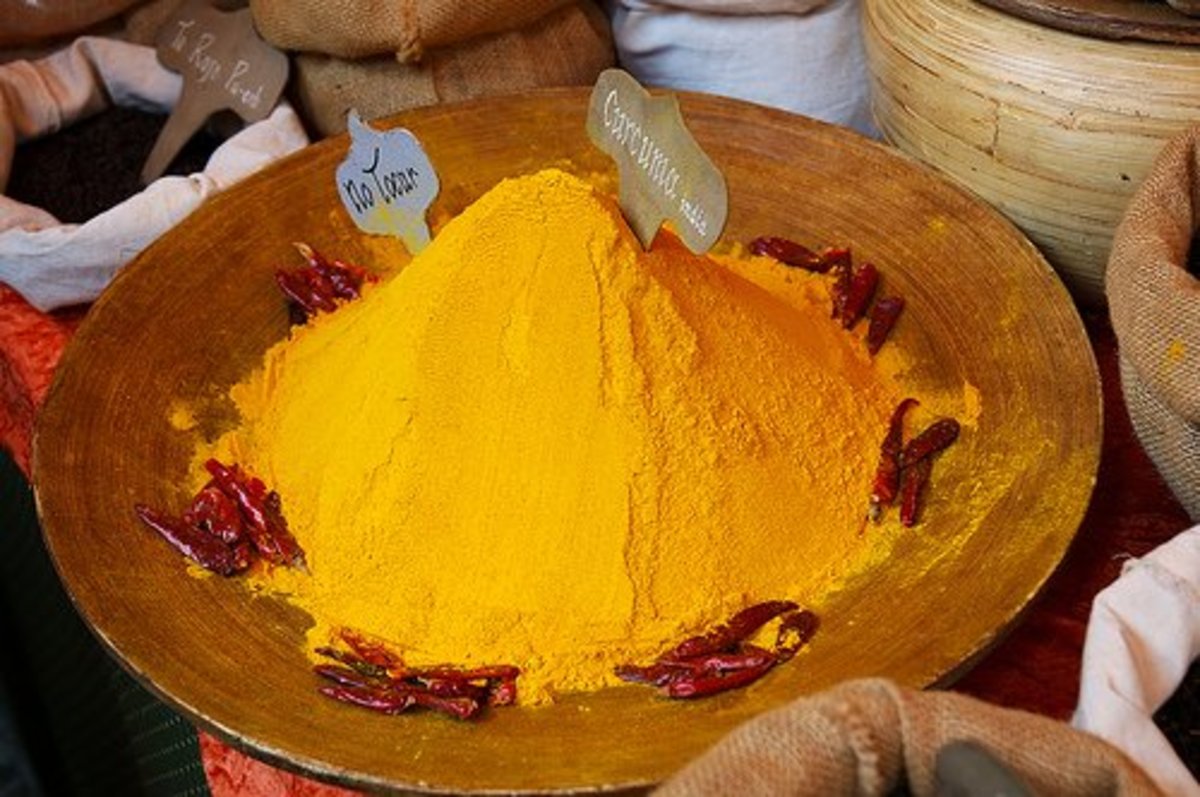What Causes Acne Vulgaris?
If you are plagued with acne, you understand how hard it can be to get rid of a breakout. Knowing what causes acne will help you understand your body and your skin. It will also help you make small changes to your life that will minimize the causes of acne and will help get rid of breakouts.
Acne vulgaris, more commonly known as acne, is a skin condition characterized by redness and bumps on the skin in the form of blackheads, whiteheads, and pimples. Acne is caused by oils and bacteria that block pores and hair follicles. Although acne generally is not a dangerous condition, untreated acne can result in infections and scarring in some cases.
It is always best to consult a dermatologist if you are concerned about a skin condition, such as acne vulgaris.


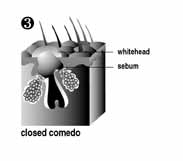

What Causes Acne?
Acne is caused by blocked follicles. These blockages are caused by an excess or your skins oils and bacterial growth.
A number of factors contribute to the development of acne including genetics, hormones, diet, psychology, and infection.
How Acne Forms:
- In your skin, you have follicles and glands that form pilosebaceous units. Your glands produce an oily substance called sebum.
- Hormones can trigger excess production of sebum. This extra sebum can clog forms. Bacterial growth begins to form. If it appears dark on the skin's surface it is known as a blackhead or open comedo.
- Whiteheads or closed comedos occur when the blockage is below the skin's surface.
- If too much sebum and bacteria collects in the follicle, the pocket will rupture. This results in a papule, cyst, abscess, or pustule.
Genetics and Acne
A large factor in acne is genetics. Acne tends to run in families. Unfortunately this is one thing you can't control. However, if acne is in your genes, you can try to address the other causes of acne to clear your breakouts.
Hormones and Acne
Hormones affect acne directly. They are the direct cause of acne since they trigger the production of sebum, which in excess will cause breakouts. Hormones can be regulated by medications, but usually this is only used in severe cases of acne. You can also regulate hormones with diet and stress-management.
Diet and Acne
Do foods affect acne? This is actually a very hotly debated topic. There is some evidence that suggests that spikes in blood sugar can affect your skin's oil production, which suggests that diet can affect acne. Sweets and carbohydrates can cause spikes, while foods high in protein can help regulate blood sugar. If you find avoiding certain foods helps maintain beautiful skin, by all means, continue it as part of your acne reduction strategy.
Exercise and Acne
Exercise can be a great way to reduce acne as well as increase your overall health. Regular exercise improves the circulation to your skin, helping it remove toxins and heal more quickly. Exercise will also help reduce stress levels, which will also help relieve acne. If you find that exercise aggravates your acne, the additional oil from sweat may be clogging pores. The clothes you wear may collect the oils and aggravate your skin. Make sure you are not wearing any makeup. Also consider washing and moisturizing your skin after your workout.
Stress and Acne
Psychology can play a role in causing acne. Stress affects hormones, which in turn can cause breakouts. Manage your stress in a healthy manner. Try to avoid stressful situations when possible. Get enough sleep and find good ways to relax.
Sun Exposure and Acne
A little sun exposure can help acne as well (we're talking 10-20 minutes). Be careful, however. Sun exposure can cause permanent skin damage. Also. a sun burn will aggravate existing acne and possibly cause additional breakouts a few weeks after your burn.
It is always best to guard your skin against sun damage. However, most sunscreens aggravate acne as well. In the long term you're better off wearing sunscreen to avoid skin damage, but it might make your acne worse in the short term. Invest in an oil-free sunscreen that is specially formulated for acne. Although they tend to be more expensive than other sunscreens, they won't aggravate your acne as badly. Also consider a big hat and sunglasses.
Skin Products and Acne
Face washes, moisturizers, toners, lotions, and creams can affect your acne positively or negatively.
There are many products that are formulated specifically for acne. Your goal is not to remove all oil from your skin, but to restore your skin to a healthy balance.
At the very least you need a face wash to remove oil, dirt, and bacteria from your skin and a moisturizer to restore balance to your skin. Don't skip the moisturizer! If you do, your body will start producing oil overtime in attempt to get some moisture in your skin. This can make your acne worse.
Finding the right combination of products requires a lot of trial and error. It's important to follow a routine religiously for a few weeks before deciding if it works. Skipping one day of face washing can through your system out-of-whack and your acne can end up worse than it started.
Other Skin Care Articles
- What is Acne? How Do You Get Rid of It?
Knowing what acne is will help you find the best treatment plan for your skin. Here is an explanation of the causes, types, and treatments for acne vulgaris. - Tips for Clear, Glowing Skin
Healthy skin is the key to looking and feeling beautiful. There are several simple things to do to battle common skin problems like acne, wrinkles, and dry skin. Keep your skin looking its best with these tips for clear, glowing skin!

